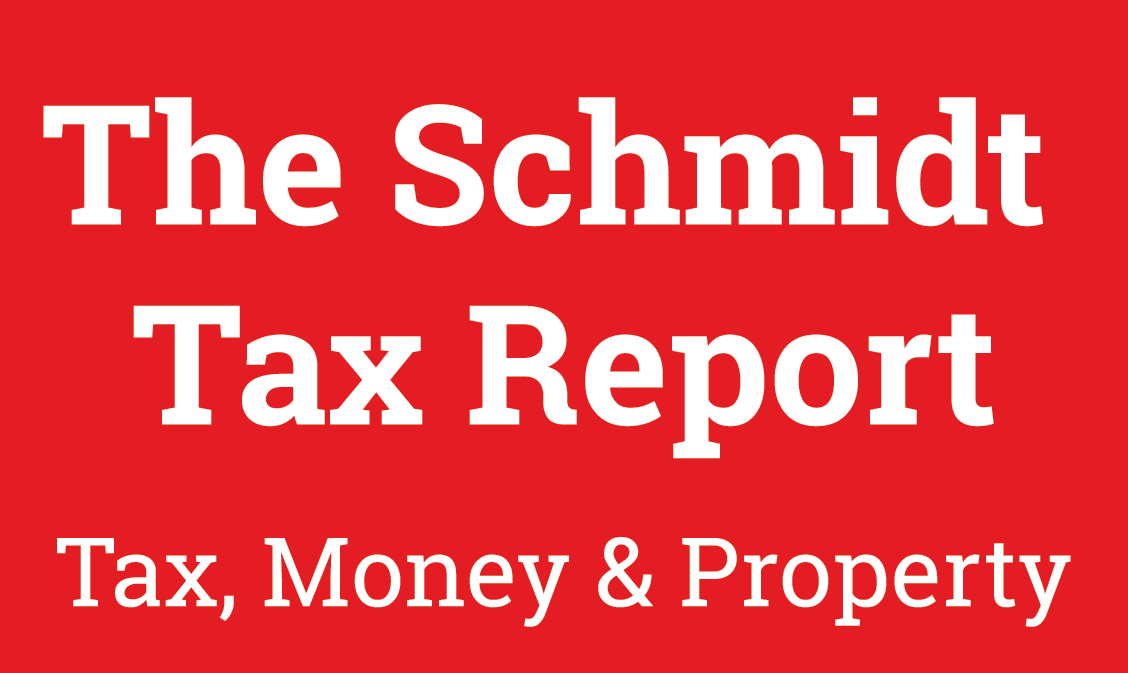Although our editorial policy might be considered contrarian, in so far as we prefer alternative to conventional investment, we never lose sight of the relative returns offered by each. In particular, the stock market has always provided better long term returns than property. Below we explain by how much and in what circumstances.
Barclays recently published an Equity Gilt Study that considered prices for each over the last 116 years. We’ll ignore the gilts, which provided pathetic returns but instead focus on shares. The average share market growth varied dramatically depending on what period one examined:
- Over a period of 116 years equities returned 5%
- Over 50 years equities returned 5.6%
- Over 20 years equities returned 3.7%
- Over 10 years equities returned 2.3%
- Over the course of 2015 equities returned -0.1%.
These figures suggests that equities are best treated as a very long term investment. At least 20 years appears to be required to see the average higher rate of return. Incidentally, the figures quoted show real returns i.e. the annual rate that the asset class grows (or shrinks) over any particular period after inflation. To give you a comparison with cash, over the same period you would have earned: 0.8% over 116 years, 1.45% over 50 years; 0.9% over 20 years, -1.1% over 10 years and -0.7% in 2015.
So far as equities are concerned, incidentally, capital returns are – not to beat about the bush – rubbish if you don’t re-invest your dividends. An investment of £100 in shares in 1899 would have only been worth £191 in real terms at the end of 2013 based on capital growth. If, however, all the dividends arising from that initial investment had been reinvested, the total value of the portfolio would have soared to £28,386 over the same period.
What happens if we look at a shorter term and if we also include a comparison with property investment? Research from finance services group, True Potential, offers some interesting insights. They looked at two periods 1985 to 2014 and 2000 to 2014.
For equities (total return including dividends) over the last 30 years the gain would have been around 9.9% and over the last 15 years it would have been in the region of 4.1%.
For UK residential property over the last 30 years the gain would have been around 5.7% and over the last 15 years it would have been in the region of 5.8%.
While equities always produce better returns, when interest rates are low investors often opt for bricks and mortar, which generally produce higher yields.
In conclusion, UK equities produce a higher total return compared to cash and property, but that they deliver a more variable outcome year on year. It must also be remembered that one of the benefits to be had from falling share prices is the ability to reinvest dividends at cheaper prices, which in turn drives a better financial outcome and preserves wealth in real terms.
